It seems we can’t find what you’re looking for. Perhaps searching can help.
Sign Up for newsletter!
Subscribe to get the latest eBook!
Hotline






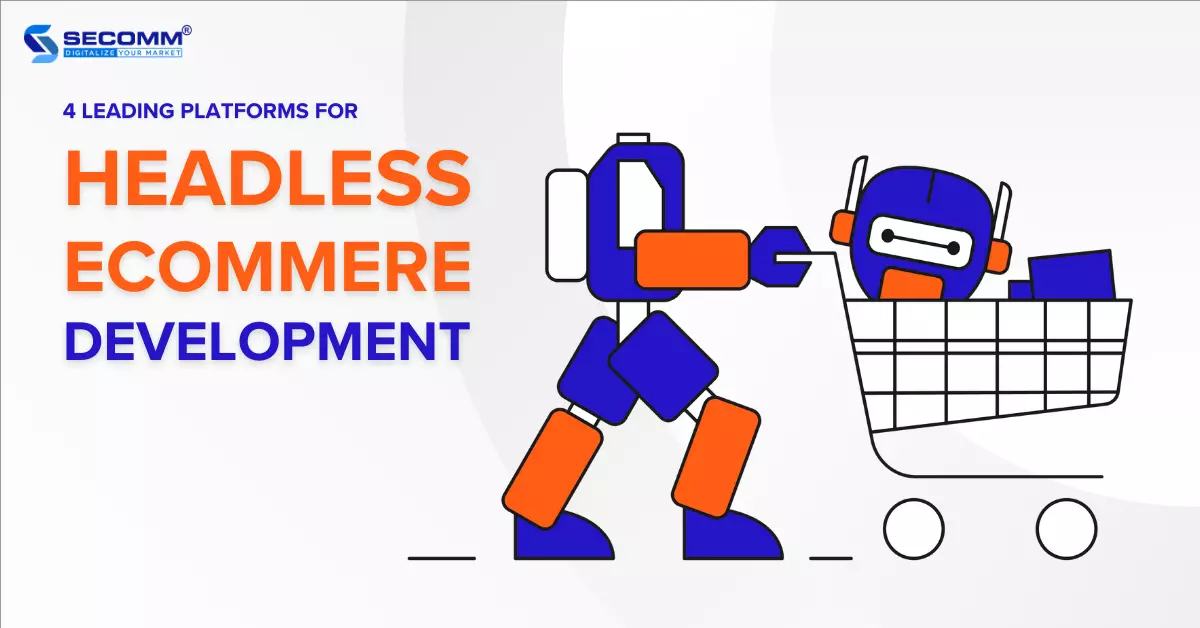
In Headless eCommerce architecture, the user interface (frontend) is separated from the business logic and database (backend), operating independently and communicating with each other through Application Programming Interfaces (APIs). The backend of the eCommerce system can be linked to multiple frontends to deliver a seamless omnichannel experience for customers.
This omnichannel capability has driven many businesses to adopt Headless eCommerce to adapt to market trends and attract a large customer base across all potential channels.
However, from the planning stage to achieving the goals, it’s a long journey with several crucial steps that require dedicated efforts from businesses. Among them, selecting the right platform for Headless eCommerce development is essential. Currently, there are four prominent platforms in the market: Adobe Commerce, Shopify Plus, BigCommerce Enterprise, and Commercetools.
This article will focus on helping you as a business make the right decision by listing the selection criteria and pros and cons of each platform.
You need to ensure that the chosen platform supports the Headless architecture, allowing the separation of the frontend user interface from the backend system. The separation provides omnichannel capabilities, enabling you to deliver seamless and consistent customer experiences across all channels (e.g., websites, mobile devices, IoT devices, etc.).
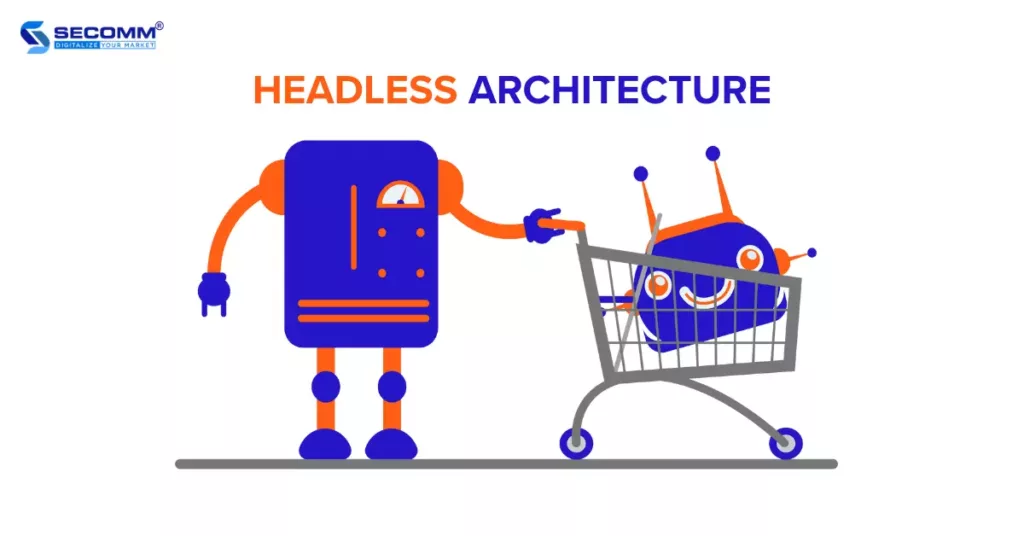
APIs are crucial for integrating with various different user interfaces. Therefore, you should seek a platform with the ability to provide customizable APIs for seamless data exchange.
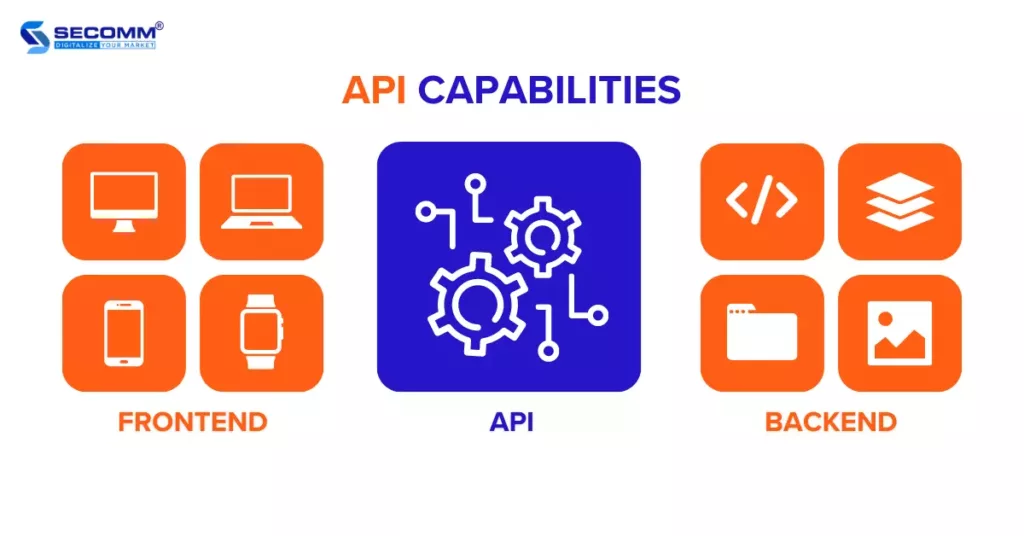
Next, you need to consider the scalability of the platform, especially for large-scale enterprises with extensive and complex product catalogs or significant inventory management needs. A highly scalable platform can easily adjust its size based on requirements, handle high traffic, and ensure top-notch performance even during peak shopping seasons.
The ability to integrate with third-party solutions is also crucial when selecting a platform. Third-party tools serve specific business needs and drive eCommerce efficiency. You can prioritize platforms with strong integration capabilities and compatibility with a wide range of third-party tools and services, including payment gateways, shipping, content management systems (CMS), analytics tools, and more.
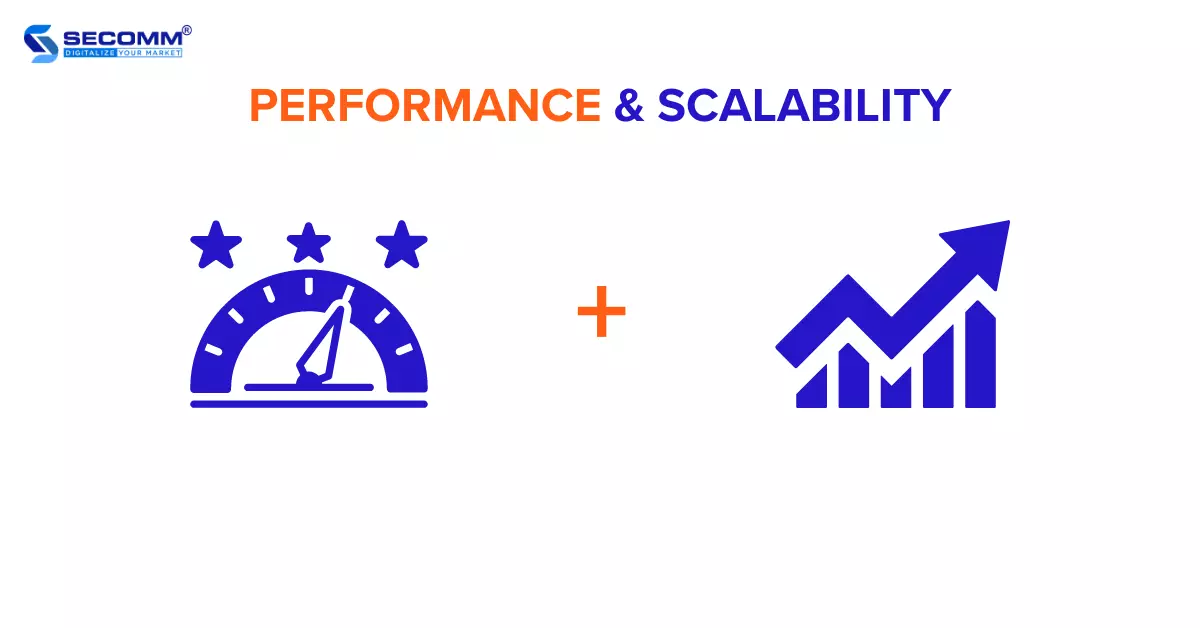
Alongside performance and scalability, customization capability holds great significance for any business pursuing a platform to deploy Headless eCommerce. Evaluating the platform’s flexibility in design and user experience becomes crucial, ensuring effortless customization of frontend to meet specific business needs.
Security is of utmost importance for any eCommerce platform. When choosing, you must ensure the platform adheres to standard security measures, such as secure payment PCI DSS, SSL encryption, and more.
Data analytics and reporting play a vital role in optimizing eCommerce operations and making informed decisions. Therefore, you should seek a platform with powerful analytics and reporting capabilities to provide comprehensive insights into customer behavior, sales effectiveness, conversion rates, and other essential metrics.
Opting for a Headless eCommerce development on a platform that provides valuable support resources like developer documentation, forums, and support communities, or responsive customer service directly from the platform, can bring significant benefits. You should ensure they have access to necessary assistance throughout the entire implementation process.
Ultimately, the cost is a determining factor for any eCommerce business’s choice. These costs may encompass licensing fees, hosting, development, maintenance, or integration expenses with third-party services. You must assess these costs in relation to the platform’s capabilities, ensuring they align with your budget and long-term business goals.
By considering these criteria, you can select an appropriate Headless eCommerce platform that meets their business needs, provides a seamless customer experience, and supports their long-term growth objectives.
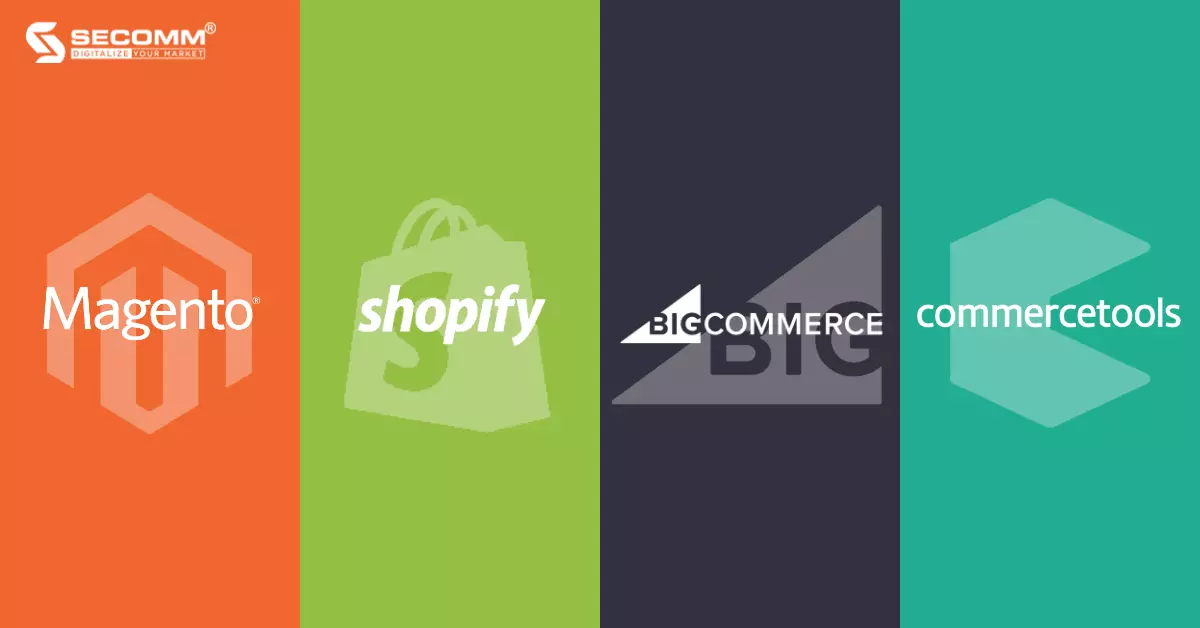
Magento is renowned as the world’s leading open-source eCommerce platform and currently ranks third in the market share among eCommerce platforms, following WooCommerce and Shopify
Magento has 2 editions:
Related Reading: What is PWA? 4 Key Benefits of Developing PWA
Shopify stands out as a leading SaaS eCommerce platform in the market, boasting over 3.75 million active stores in 2022.
Presently, Shopify provides two main editions:
Usage cost: Starts from $2,000/month and increases based on revenue.
Related Reading: What is Shopify Plus? The Pros and Cons of Shopify Plus
Similar to Shopify, BigCommerce is also one of the leading SaaS eCommerce platforms with notable features that help businesses establish a fast and easy online presence.
The BigCommerce Enterprise edition serves large-scale enterprises with various optimized business operation solutions. Among them, the BigCommerce Headless eCommerce solution stands out, enabling businesses to create a consistent customer experience along with many other supportive solutions that ensure quick website launch and easy customization.
Usage cost: Starts from $400/month and can go up to $20,000/month
commercetools is a pioneering platform for Headless eCommerce worldwide. Developed based on MACH principles (Microservice-based, API-first, Cloud-native, and Headless), Commercetools supports businesses in building and customizing eCommerce solutions tailored to their needs and their customers’ needs.
Usage cost: The pricing is not publicly available, and businesses need to contact Commercetools for further discussion. However, here are some reference points. The implementation cost starts from $300,000, and the licensing fee begins at $200,000 per year.
With extensive experience in advising platform selection and supporting eCommerce implementation for numerous businesses worldwide, SECOMM always emphasizes that choosing the right platform is the first step towards success.
Contact SECOMM or call directly at the hotline number (02871089908) now for a free consultation.
 11
11
 11,698
11,698
 0
0
 5
5Subscribe to get the latest eBook!
Hotline